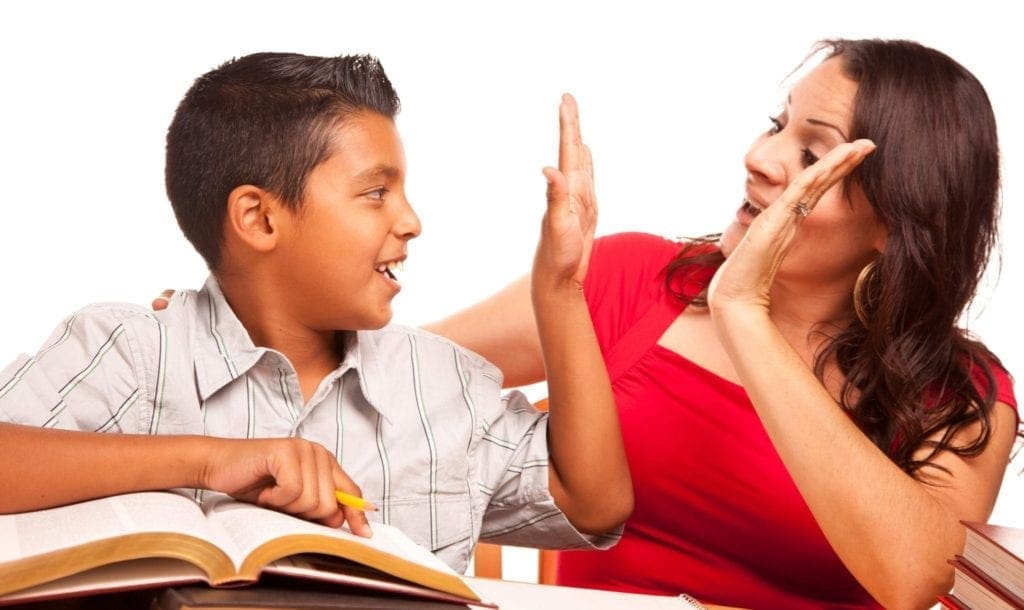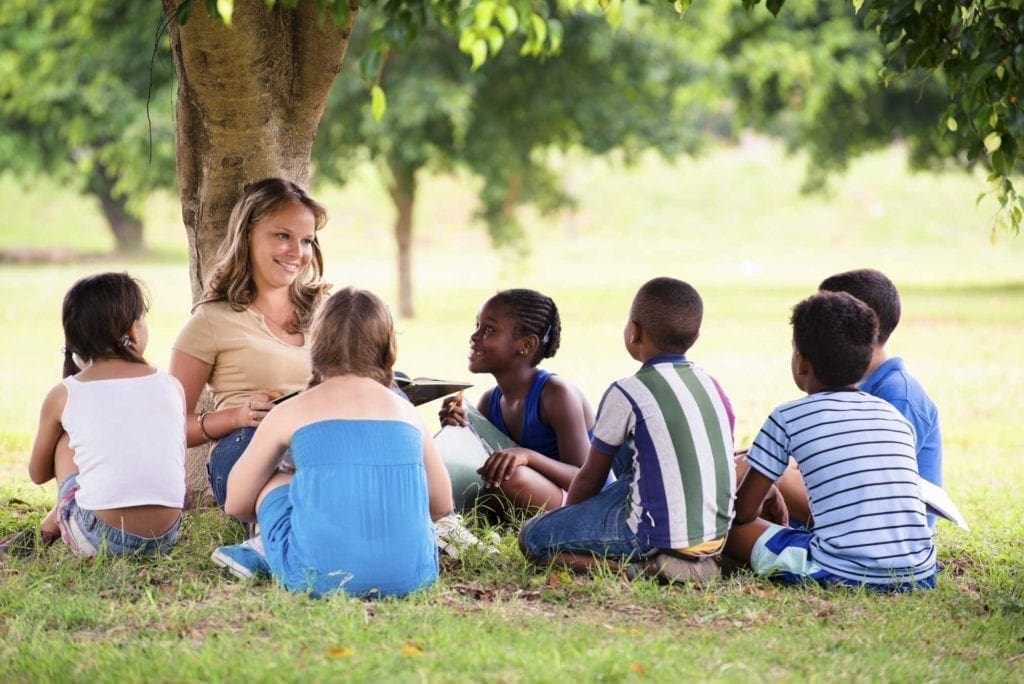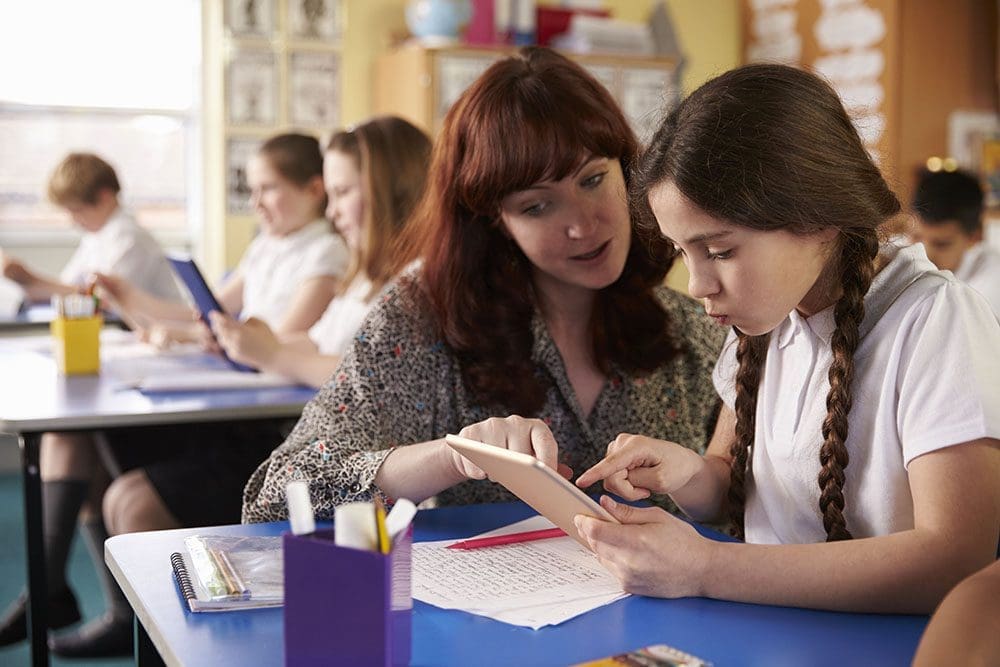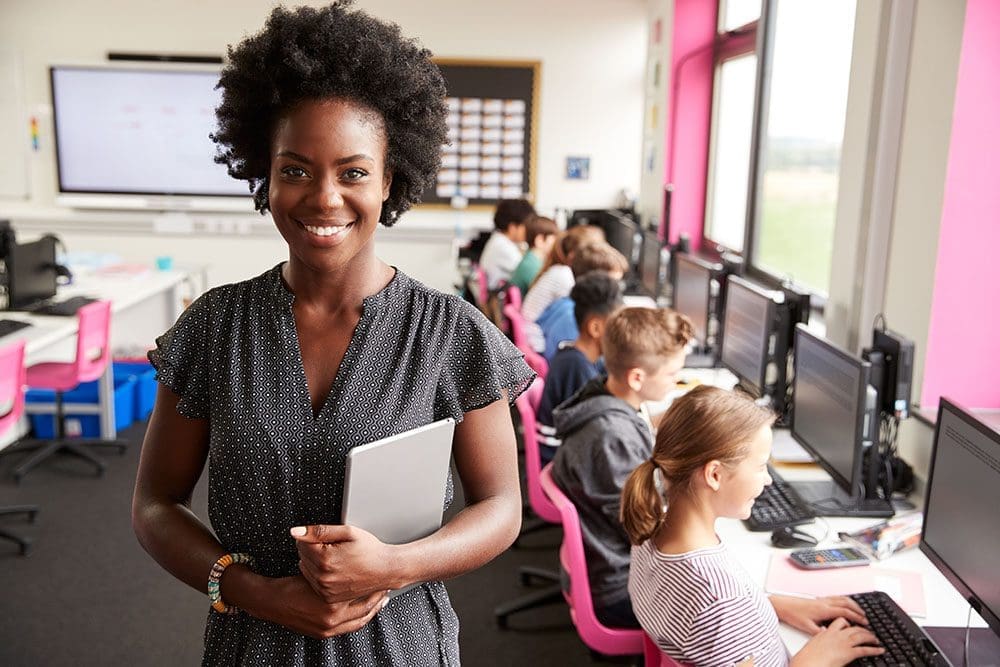How to Build a Relationship with Students

Why Do Relationships Matter in Education?
We often have conversations with our students about some of the challenges they have in school. One of the most common things we hear them say in these discussions is:
“My teachers don’t like me.”
We know educators usually try to build a relationship with students. So, when we hear a student say this, we wonder to ourselves… “is that really true?” We don’t think so. In the last 15 years, we’ve trained thousands of teachers from all over the US. In our experience, the vast majority of teachers not only like their students, they care deeply about their success in the classroom. It’s why they entered this noble profession in the first place.
So, Where is the Breakdown?

Be Intentional
Relationships are
“They don’t care how much you know… until they know how much you care.”

Surrendering the 1-up Relationship
In our
Because words are not enough, we have to show our students through our actions that we respect them and care about them. That’s what surrendering the 1-up is all about. In fact, we’ve found these techniques to spark major breakthroughs in classrooms across the country. Let’s take a look at what we mean by surrendering the 1-up.

The X-Factor: How Any Teacher Can Connect With Any Student
At WhyTry, we develop hands-on interventions that teachers and counselors can use as tools to teach students life skills. However, the key to creating change doesn’t lie in the interventions and tools alone. As we mentioned before, it all starts with establishing a relationship.
A major barrier to connection and trust is the “one-up” relationship. A “1-up” relationship can take many forms. Organizational hierarchies, dominant personalities, or even age or size differences can establish a perceived power differential. These social hierarchies are natural, normal, and exist everywhere in nature. But they can get in the way of establishing trust.
Students often find themselves “1-down” in relationships with adults. So many adults have control over their lives. They may not feel empowered to make their own choices. They may feel unimportant, like what they say, or want, or think… it doesn’t really matter.
When we surrender the 1-up relationship, we recognize the student as the expert on their own lives. To build a relationship with students, we don’t talk about “success” or “failure,” instead we create a safe environment for them to take risks and learn from their mistakes. Yes, we have to grade tests and assignments, and these tools help us measure mastery of a subject. But as educators, we don’t have to play the role of a judge. We’re there to foster learning and growth.

Process Over Results
This focus on process over results shows our students that we are interested in their progress and learning, not in getting test results that boost our own careers. And the funny thing is, by taking this approach, we will improve test scores.
If you’re worried about how this will impact classroom management, surrendering the 1-up doesn’t mean handing all the power over to the students. Actions still have consequences. We’re not advocating anarchy. It’s really about respect. As we build relationships with students, we have to respect them. Until we respect our students as human beings with free will, they probably won’t respect us. Surrendering the one-up does more than help students feel comfortable and empowered in our classrooms. When we do this well…
- Students are more motivated to put effort into life
- They actually want to come to class or a counseling session
- Classroom unity goes through the roof
- students start surrendering the 1-up to each other as well!
- Self-esteem and confidence
go up… both in the students and teachers! - Negative classroom behaviors decrease
- Academic achievement improves
- Classroom management improves
- Students will remember us

Learn the Power of Surrendering the 1-Up
Teachers who surrender the “1-up” can inspire students to do hard things. They can challenge their students because of their relationship. Our training will show you specific tools and techniques any teacher, administrator or counselor can use to surrender the 1-up relationship. To see how WhyTry can help you build positive relationships, schedule a demo with one of our program directors today!